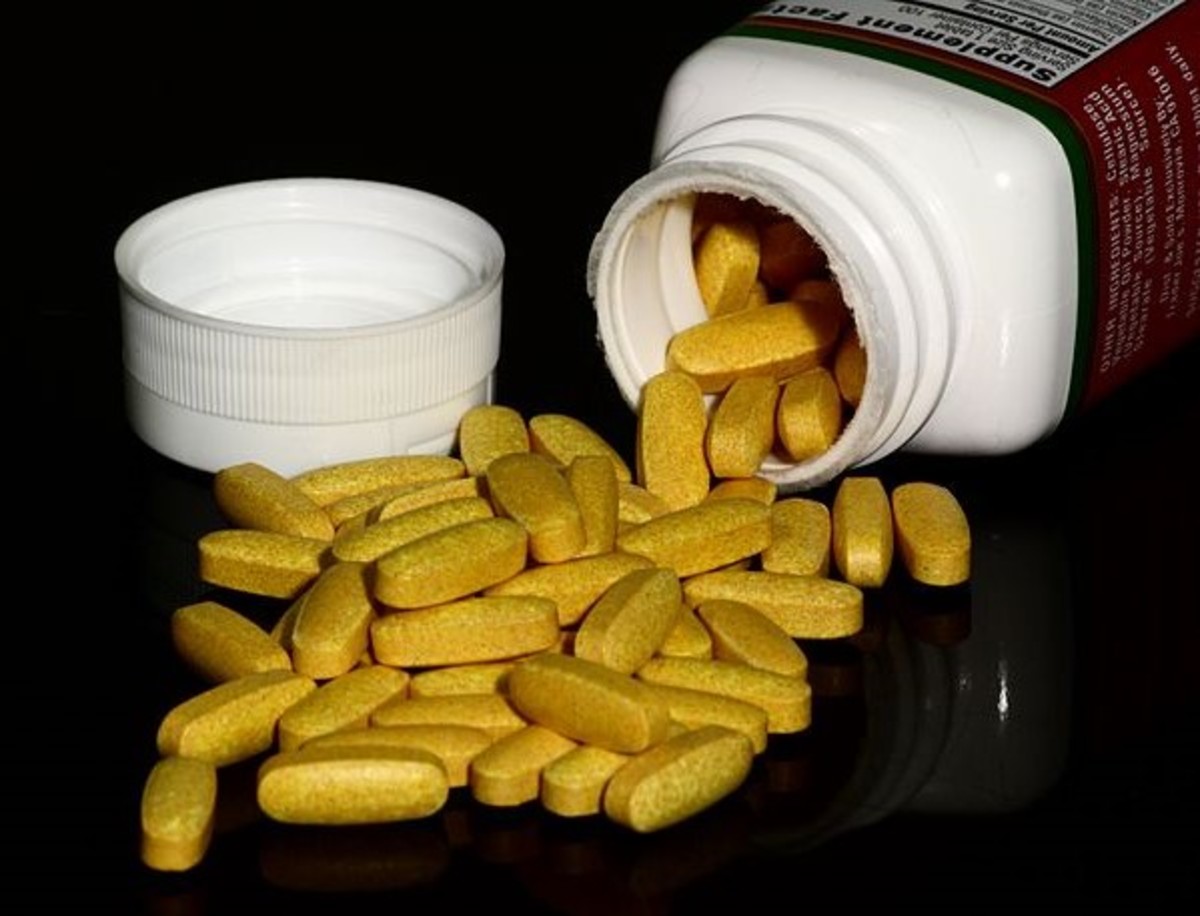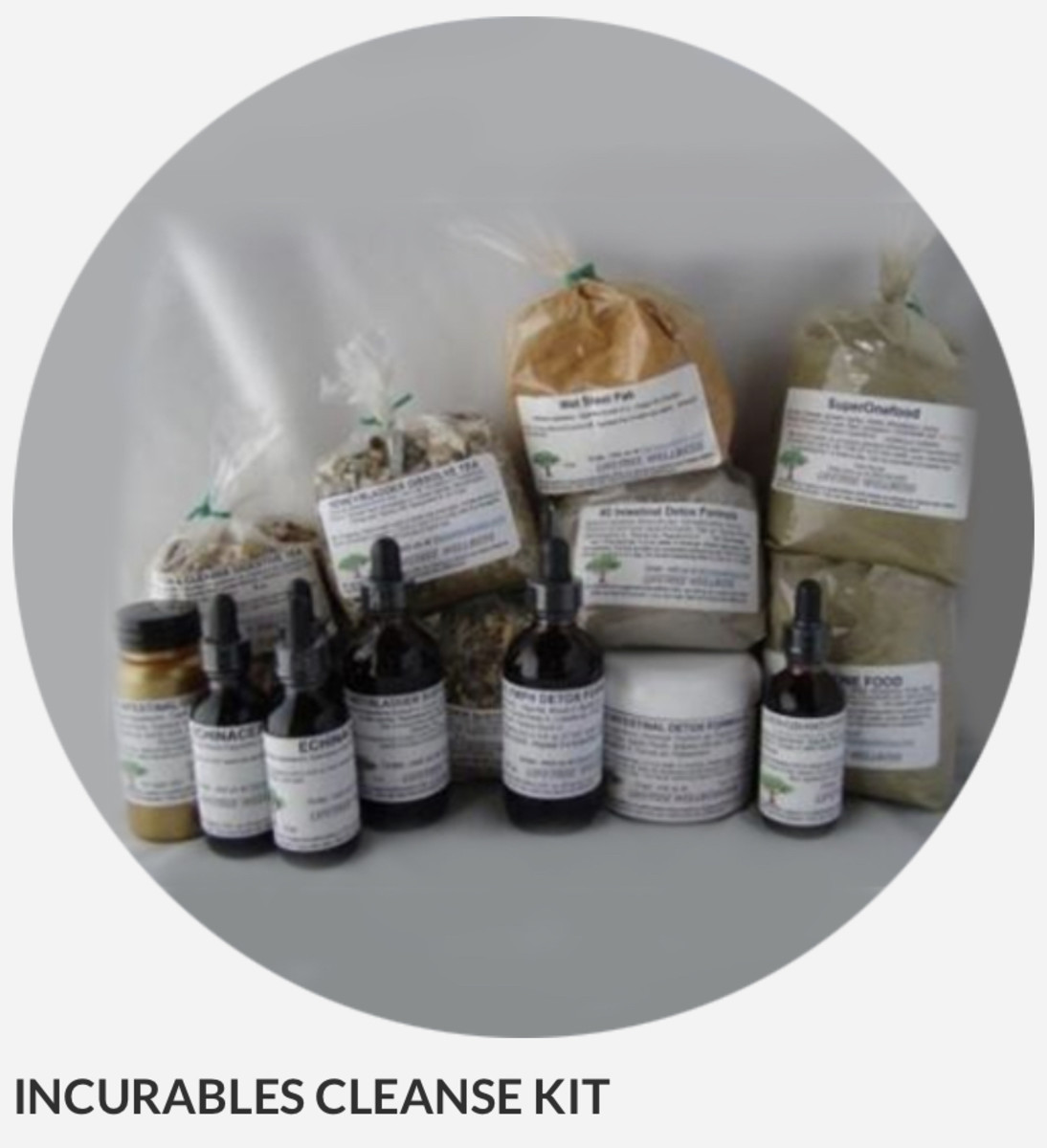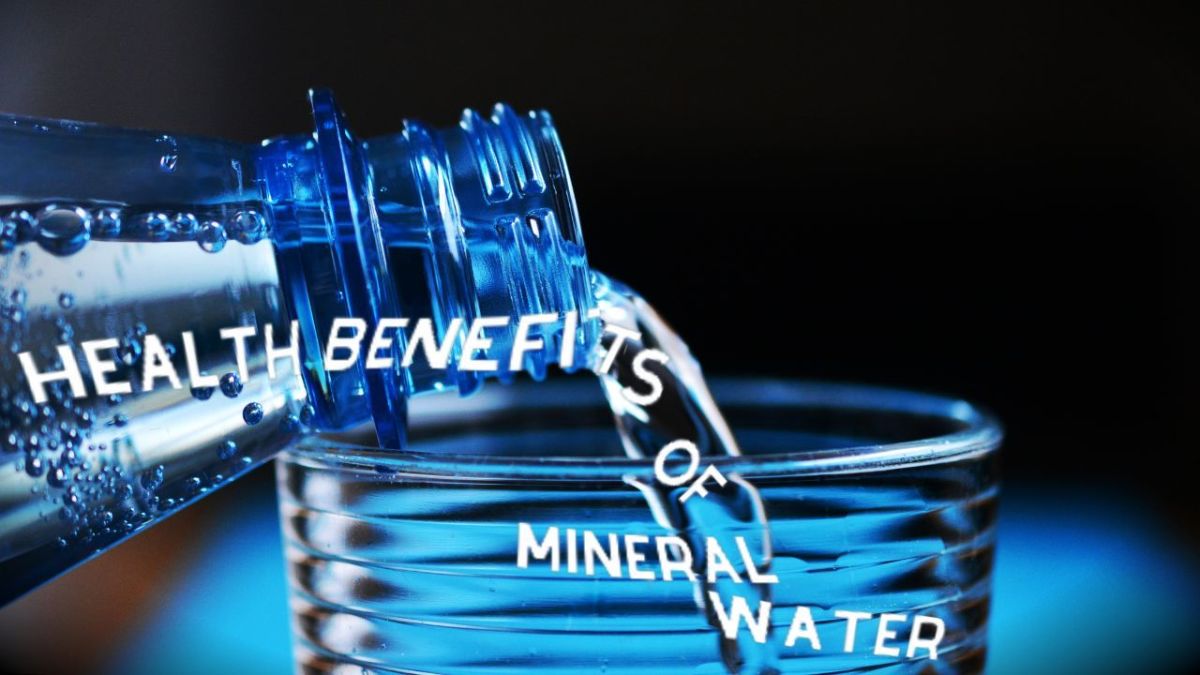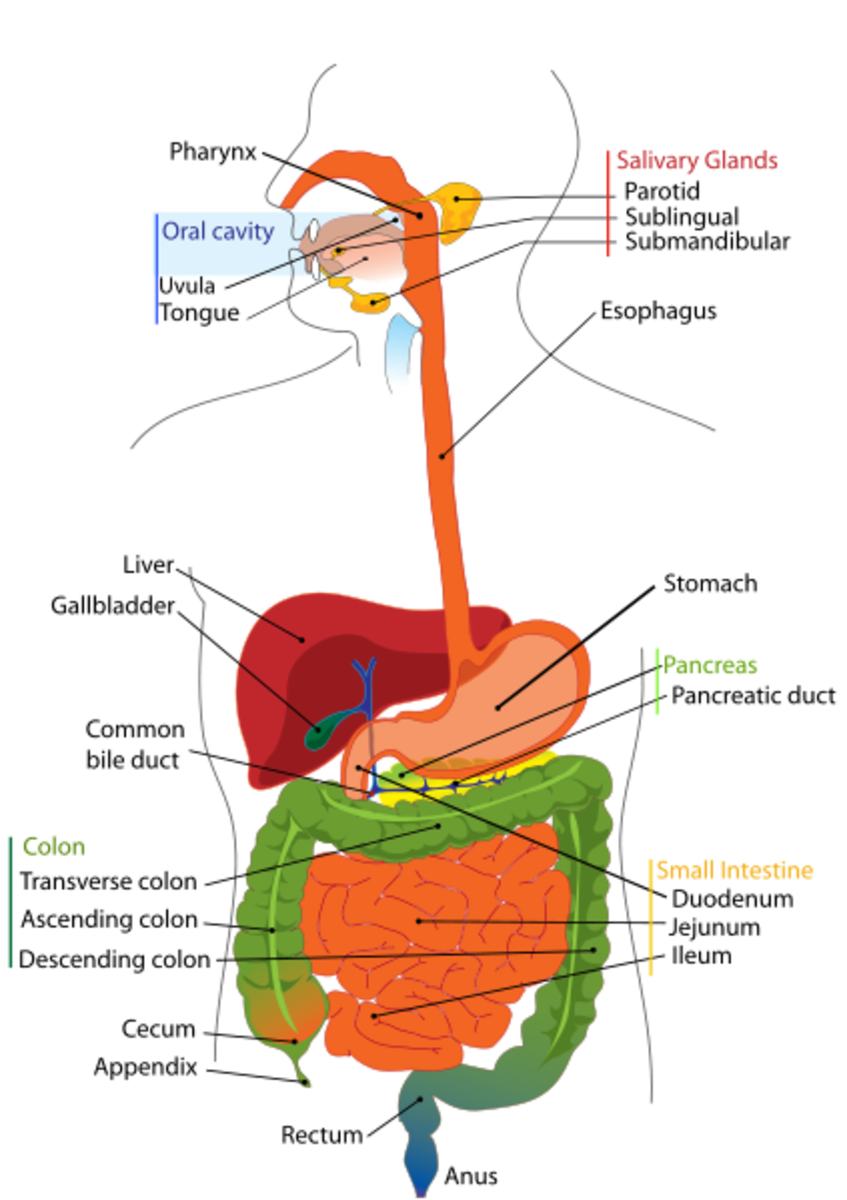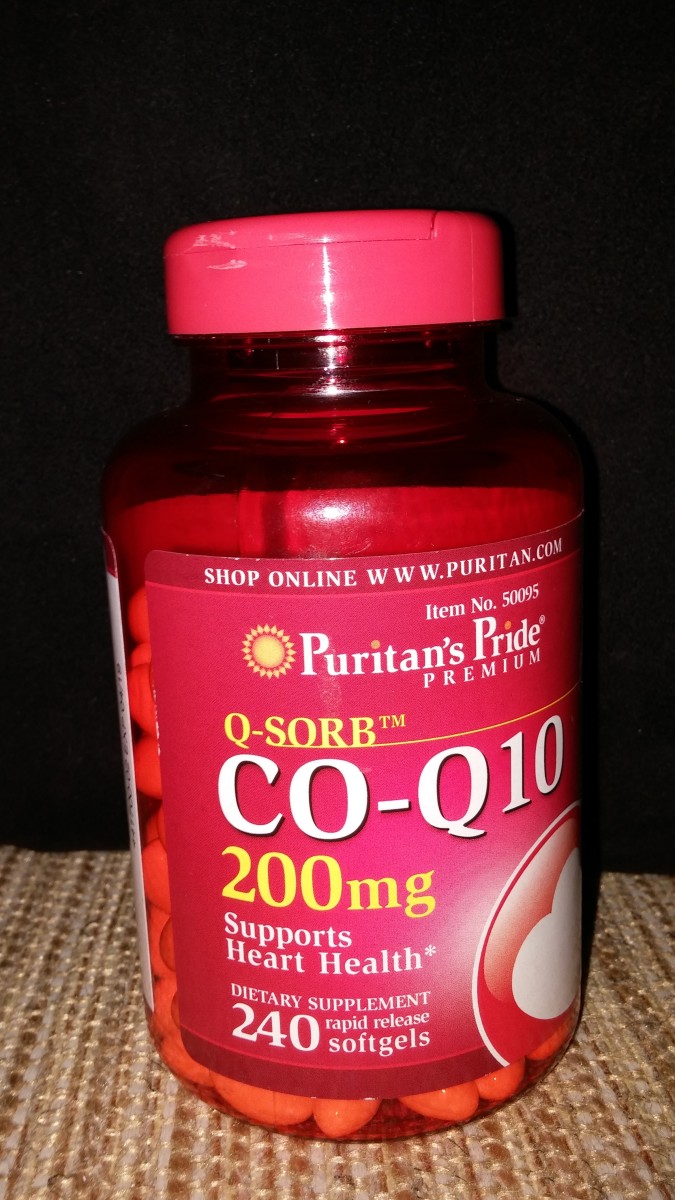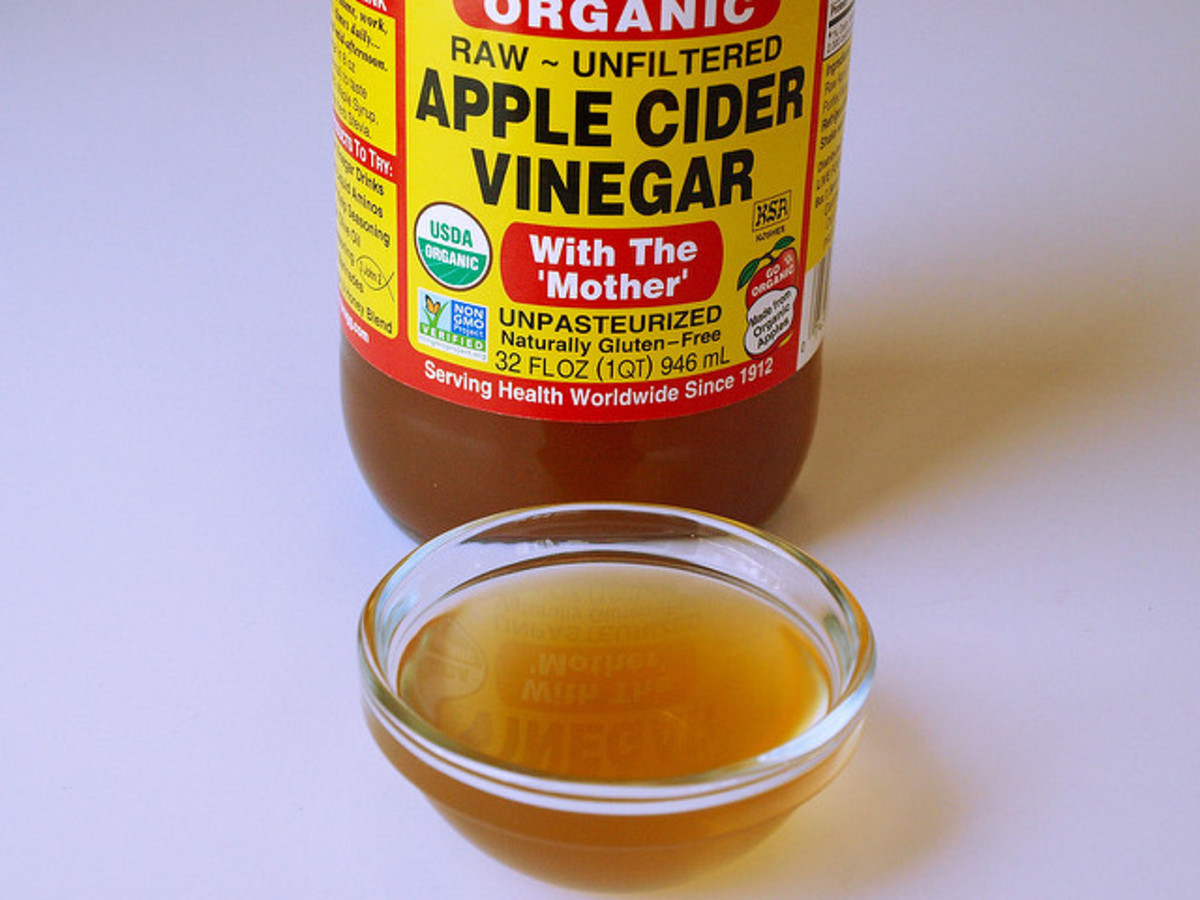Zinc : Supplements, Mineral

Zinc Supplements
Zinc is needed by every cell in your body. It is instrumental in the metabolic action of enzymes. Zinc is essential for growth and reproduction and supports the immune system. Many people, though, do not get enough of this vital mineral from their diets. Zinc is contained in enzymes – chemicals that do everything, from digesting food to healing wounds. Zinc helps to fight infections, including the common cold.
Zinc :
-
Helps to prevent colds, flu and other infections.
-
Helps to treat a wide range of chronic ailments, from rheumatoid arthritis and under-active thyroid, to chronic fatigue and osteoporosis.
-
Alleviates skin problems, e.g. acne.
-
Alleviates digestive complaints.
-
May improve fertility.
-
Builds healthy hair.
-
Diminishes tinnitus.
-
Needed for the production of genetic material.
Zinc supplements come in many forms, often in combination with vitamin C. When buying capsules, tablets or liquids, choose zinc picolinate, zinc acetate, zinc citrate or zinc aspartate. All of these forms of zinc are easily absorbed and gentle on the stomach.
For treating colds and flu, look for lozenges containing zinc gluconate, zinc ascorbate or zinc glycinate.
Adding just a little zinc to the diet greatly reduces cases of diarrhoea, pneumonia and malaria in developing countries.
Warning: Do not take too much zinc (more than 30mg daily), as in the long-term this can interfere with copper absorption. This may lead to anaemia. Daily doses of 100mg or more can also impair immunity.

What is Zinc?
Zinc is concentrated in the:
-
muscles
-
bones
-
skin
-
kidneys
-
liver
-
pancreas
-
eyes
-
prostrate.
The body does not produce or store zinc. Your body relies on external sources for a continuous supply.

What does Zinc do?
Zinc is critical for hundreds of processes in the body, e.g.:
-
Cell growth
-
Maturing sexually
-
Immunity.
You should ensure that any supplementation of your diet includes zinc.
Zinc:
-
Is required for the proper functioning of the immune system.
-
Helps to protect your body against colds, flu and conjunctivitis.
-
Zinc lozenges may also speed the healing of mouth ulcers and sore throats.
-
May support your body's natural defence and repair systems in treating rheumatoid arthritis, lupus, chronic fatigue syndrome and possibly multiple sclerosis.
-
May also help with treating AIDS, as associated with an impaired immune system.
In addition Zinc:
-
Is beneficial in the production of various hormones (e.g. sex and thyroid hormones).
-
Is helpful in the fertility of both men and women.
-
Is important in the health of the prostrate gland.
-
May be effective for people with an under-active thyroid.
-
Improves insulin levels, and thus may help with diabetes.
-
Stimulates the healing of wounds and skin irritations
-
Is a useful treatment for acne, burns, eczema, psoriasis and rosacea.
-
Promotes the health of hair and your scalp.
-
Slows vision loss in people with macular degeneration.
-
Lessens the effect of tinnitus.
-
May be useful in alleviating osteoporosis, haemorrhoids, inflammatory bowel disease and ulcers.

How much Zinc do you need to take?
The recommended level of safe intake of zinc is 7mg a day for women and 9.5mg a day for men. Higher doses are usually reserved for specific ailments.
If you get too little zinc, this can lead to:
-
Poor wound healing.
-
More frequent colds and flu.
-
Depressed sense of taste and smell, and loss of appetite.
-
Skin problems, such as acne, eczema and psoriasis.
-
Impaired blood sugar tolerance (increased diabetes risk).
-
Low sperm count.
-
Fatigue.
-
Hair loss.
If you get too much Zinc (long term use of more than 100mg a day), this:
-
Impairs immunity.
-
Lowers the levels of HDL cholesterol (the good one).
-
Impairs red blood cell formation.
-
May have a connection with Alzheimer's disease.
Taking more than 200mg a day of zinc can cause:
-
Vomiting.
-
Nausea.
-
Diarrhoea.

How to take Zinc.
The usual medicinal dosage of zinc is 15mg a day.
-
Taking zinc for more than a month may interfere with copper absorption, so take 2mg of copper for every 30mg of zinc supplement.
-
For colds and flu: use zinc lozenges every two to four hours, for a week (do not exceed 150mg a day).
-
You should usually limit zinc supplementary intake to no more than 25mg a day.
Zinc should be taken an hour before, or two hours after, a meal. If it causes stomach upset, take it with a low-fibre food. If you are taking supplementary iron medication, do not take zinc supplements at the same time. If you are taking antibiotics you should avoid taking zinc for at least two hours after taking the antibiotics.

Other sources of Zinc.
Proteins are the best source of Zinc, such as:
-
Beef
-
Pork
-
Liver
-
Poultry (especially dark meat)
-
Eggs
-
Seafood (especially oysters)
-
Cheese
-
Beans
-
Nuts – Brazil nuts and almonds are excellent sources of zinc. 100gms of Brazil nuts yield 3mg to 4mg of zinc, about half the recommended daily intake for women.
-
Wheat germ – the phytates in some whole grains may prevent absorption by binding with zinc.
-
Yoghurt.
-
Milk.
Zinc in foodstuffs other than meat are less easily absorbed.
For those items that do not have an Amazon product picture associated with them just click on the picture of another to go to Amazon to browse for the item you require.
The items above are very good examples in each of the categories. There are, however, many more options available on Amazon and you can access them simply by clicking on any of the pictures above.


